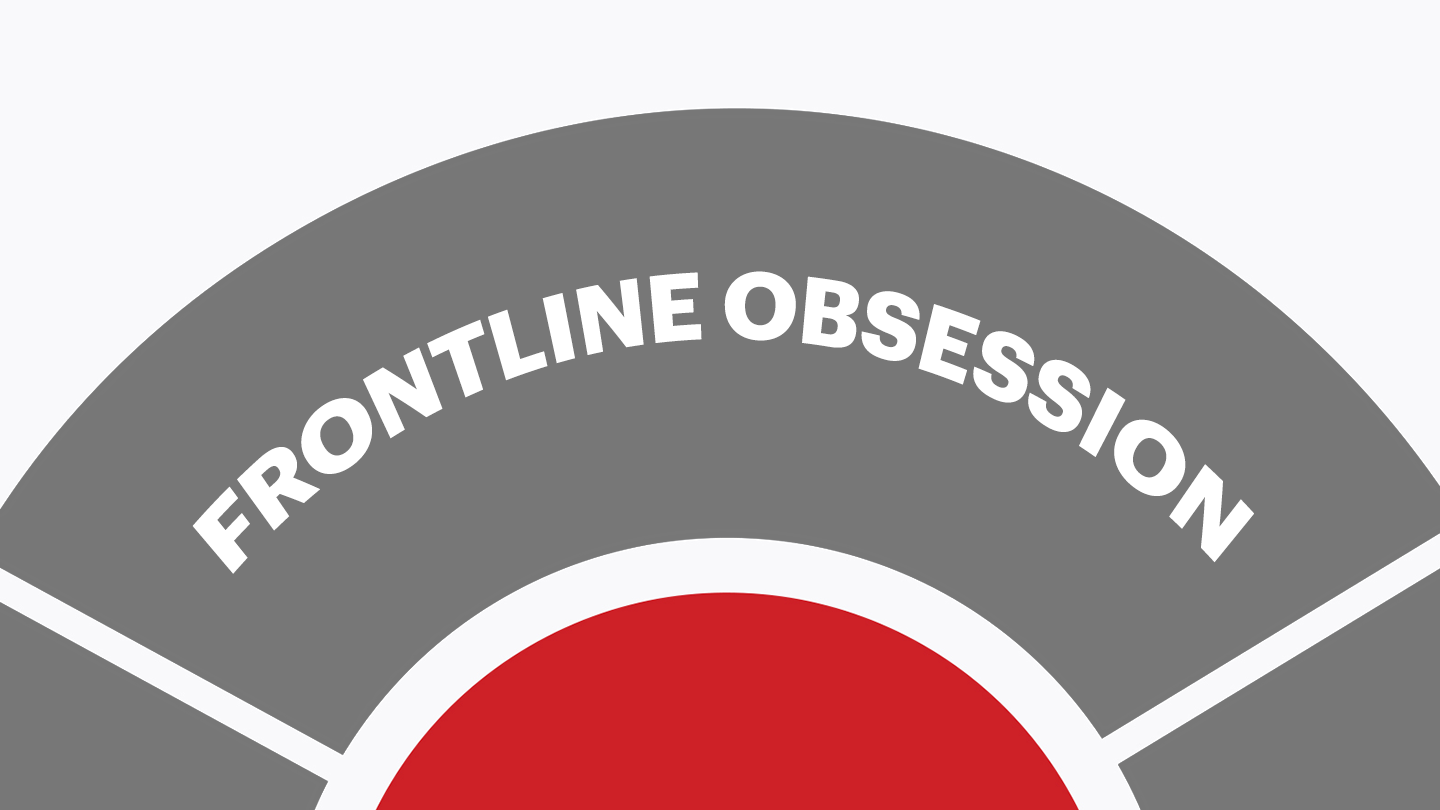Stuttering and Emotions: The Emotional Aspect of Stuttering

Stuttering and Emotions: The Emotional Aspect of Stuttering
I don’t think I’m good with words. Whether I’m on stage or among friends and family, it is hard for me to complete a sentence without pausing and repeating. My classmates at school are making fun of me for repeating words.
Daniel, a 12 years-old boy, conscious of his stuttering and finding it demoralising
When you hear the word “stutter”, what comes to your mind? Probably the unintentional repetitive sounds that come out of the mouth or the annoying blocks of sounds and silent pauses occurring while one is trying to speak. However, there are different types of stuttering, and each person who stutters has a different and unique way of speaking. If you’re a person who suffers from this problem, read this article to understand more about the cause of stuttering as well as the psychological and emotional effects of stuttering.
Stuttering is not fully understood by science until the current moment. But, unlike common beliefs, stuttering is not psychological…. “Many theories have been advanced to explain the nature and causes of stuttering, but none of them has been proven at this time. Considerable research is being carried out to investigate possible neurological involvement dominance of one cerebral hemisphere over another and any factors which may cause a lack of speech muscle coordination resulting in stuttering. Hereditary factors also play a role in some people who stutter.” (Fraser, 2007).
Contrary to common beliefs, stutters don’t stutter because they fear speaking with other people or because they’re socially anxious. The original cause of stuttering is unknown yet. But that doesn’t mean it cannot be treated and alleviated. Thanks to Charles Van Riper- the renowned speech therapist who invented traditional stuttering therapy to teach people techniques of how to stutter with control and how to reduce the severity of stuttering. Its main goal is to ease the stuttering, not to cure it and not to make the stutterer fluent.
This introduction was meant to warm you up before we dig deep into the main focus of this article. The emotional aspect of stuttering..
It is difficult to rationalize that psychological factors (such as traumas, personal experience, unhealthy environments, etc.) can lead to stuttering disorder.. I bet you now know why! Because nothing until this very moment proves there are psychological factors taking place.
HOWEVER..
It is worth-mentioning that for those who stutter, stuttering does become worse in certain environments and under certain circumstances. “Most stutterers are apt to have the most difficulty when embarrassed and anticipating trouble. It may be more noticeable when one is asked to state his name, when talking to people in authority like prospective employers, teachers, in making introductions, when speaking to groups or talking on the telephone, etc. On the other hand, stutterers may have little or no trouble when talking to themselves or talking to a child or a pet.” That said, stuttering symptoms are more likely to manifest in the presence of certain cues or circumstances. Even though these cues do not trigger the onset of the disorder or cause it, but they seem to elicit it in a way.
Marilyn Monroe..

“I gave up talking for a long while. I used to be so embarrassed in school, I thought I’d die whenever a teacher called upon me. I always had the feeling of not wanting to open my mouth, that anything I said would be wrong or stupid.”
Marilyn Monroe –In a 1955 discussion with Maurice Zolotow
One of the most popular American actresses who suffered childhood stuttering is the iconic Marilyn Monroe. Most of the public is largely unaware of her speech difficulties, but it’s interesting to take a look at how she opened up about her stuttering during a time when no other public figure did the same. In one of her radio interviews, she says in her own words “First when I was at the orphanage and then later in my teens I stuttered. I don’t know how it happened, I just stuttered. Sometimes when I’m very nervous or excited I stutter.” She exclaims “Oh, it’s terrible..!” Marilyn hasn’t spoken much about her stuttering, but in this statement she literally talks about the reality of stuttering in a nutshell.
At first she said she didn’t know how it happened.. well that’s a fact.. the cause of stuttering is unknown yet and it’s understandable why she feels unaware and unable to explain how or why it began. Then she indirectly hints that her childhood stutter hasn’t completely gone after childhood. She still had traces of it and it occasionally happened. In the same interview, she describes her work on one movie in which an assistant director scolded her before a scene. During the scene she stuttered badly on her lines and the assistant director yelled at her “You don’t stutter!”, to which she replied, “That’s what you think!”
According to The Stuttering Foundation, “Most people start stuttering between 2-4 years of age, so if stuttering is going to go away by itself, it usually does so by 7 or 8 years of age. If you continue stuttering into your teenage years, you will most likely continue to stutter throughout adulthood”. Apparently, stuttering doesn’t persist into adulthood with all people. It remains with children who continue to stutter into teenage. This is important to know because those who think stuttering will heal by itself, they should know that this doesn’t always happen. They should be aware that they are not alone. It happens with them, and it happens with other people. So the person may not be the reason why stuttering is persisting, it can be the nature of stuttering itself.
In the end she mentions how nervousness and excitement can trigger her stuttering. And here comes the emotional aspect of stuttering. But let’s take a different look upon that matter..
The Emotional Aspect of Stuttering
Being a stutterer can be rough; that’s why it affects one emotionally. Malcolm Fraser states in his book, Self-therapy for stutterers (2007), “A stutterer may possibly think it’s a disgrace to be a stutterer even though that is not so. As a result, one may become extremely sensitive about his difficulty.” This sensitivity and other emotions associated with stuttering (such as embarrassment and humiliation) may generate fear and anxiety. Even worse, it can affect attitudes toward others and toward life.
“Stuttering can alter personality. If one can become desensitized and learn that he does not have to panic when he stutters or anticipates stuttering, then he can begin to change the way he talks; and progress will come more swiftly.” Malcolm is making a great point here. He’s shedding light on the psychological aspect of stuttering by saying that attitudes towards stuttering should be considered and treated. Otherwise the negative emotions, including fear and tension, can make stuttering worse.
Fear and Tension in Stuttering
Fear can heighten muscular tension which plays a role in increasing stutter frequency and severity. “Tension, generated by fear, activates stuttering and may be the immediate cause for triggering difficulty of speech.” (Fraser, 2007). The fear that comes with it is very much understandable and expected, but it should be tackled and not neglected. It’s a crucial step in the process of alleviating stuttering effects. “People can tense in reaction to their stuttering and their feelings about stuttering, making them more likely to stutter more. What happens is that they want to stop stuttering so badly that they try to force trouble-free speech. And the more they force, the more tension is built up in their speech mechanism and the more trouble they are apt to have.” That’s how fear and tension interact and worsen speech difficulties.
Nonetheless, that is not to say that stuttering comes with fear and tension. It means those who live with stuttering can develop stutter fear and anxiety over the course of time. This anxiety and fear can be of words or sounds, or some persons, of certain situations, of the telephone, of saying your name, of a job interview, etc. (Fraser, 2007)
Malcolm argues that nearly all those who stutter have little or no difficulty when they sing, shout, whisper, or read in unison with others. If one has no difficulty talking alone or when reading or speaking in unison with others, that would indicate that they have the physical ability to speak normally. I think that’s a logical explanation for why stuttering is not understood yet. More importantly, it’s an indicator that stutterers have the capacity to speak normally, but maybe with using the right techniques and tips that will happen.
Stuttering in a Nutshell
In a nutshell, stuttering is not a psychological disorder, though it can have significant psychological consequences for those who live with this condition. It is not a learned behaviour, though learning and association play a significant role in how and when people stutter. It is a biological and neurological condition, it is not a personal choice. Nor is it a result of bad parenting, a stressful childhood or a traumatic event. Its neurological origin is important, but it does not explain why it leads to disruptions in speech production. By far.. no one knows why stuttering occurs.. Needless to say, no one chooses to stutter and no one is to blame. Apparently it’s just the way certain brains work!
There is no better way to end this article but to leave you with a quote for Wendell Johnson –a clinical psychologist who suffered from stuttering himself. It’s taken from his book “Because I Stutter” –this book is of great scientific importance; for it is the first subjective study of stuttering ever made by a stutterer!

“I am not like other people. I must think differently, act differently, live differently—because I stutter. Like other stutterers, like other exiles, I have known all my life a great sorrow and a great hope together, and they have made me the kind of person I am. An awkward tongue has molded my life.“
— Johnson—written when he was a young man




